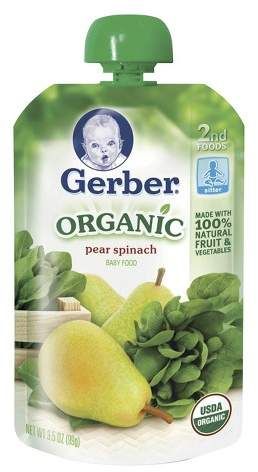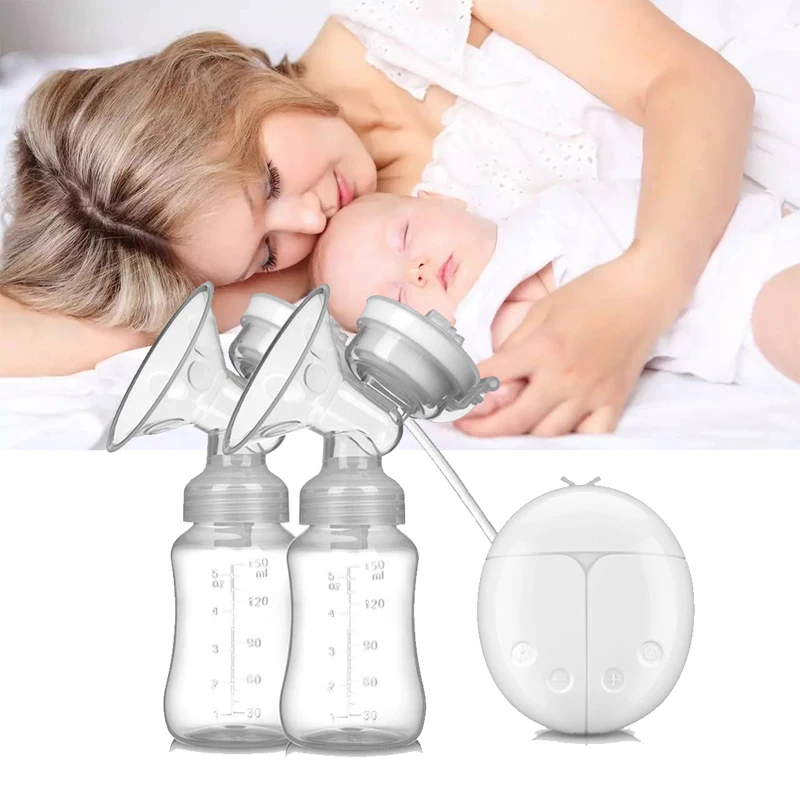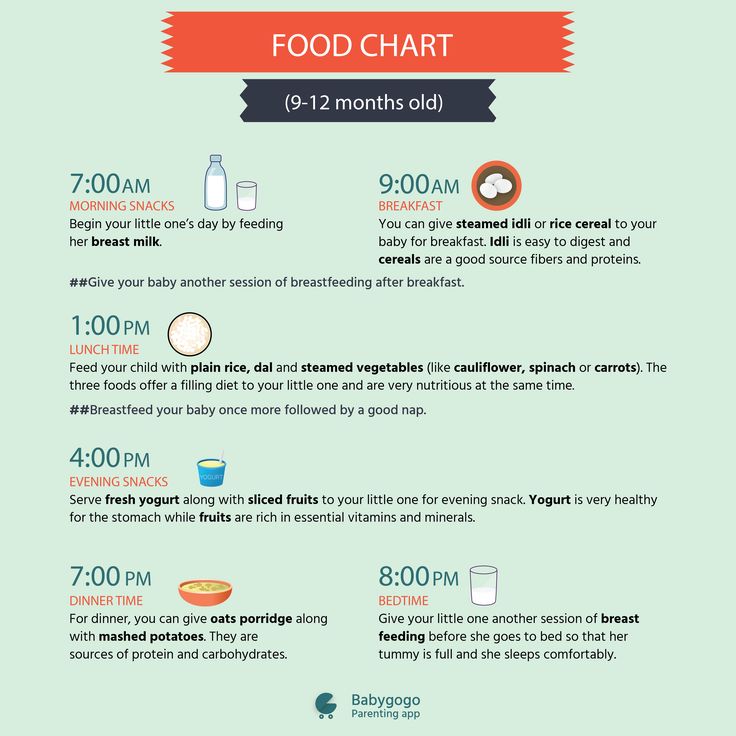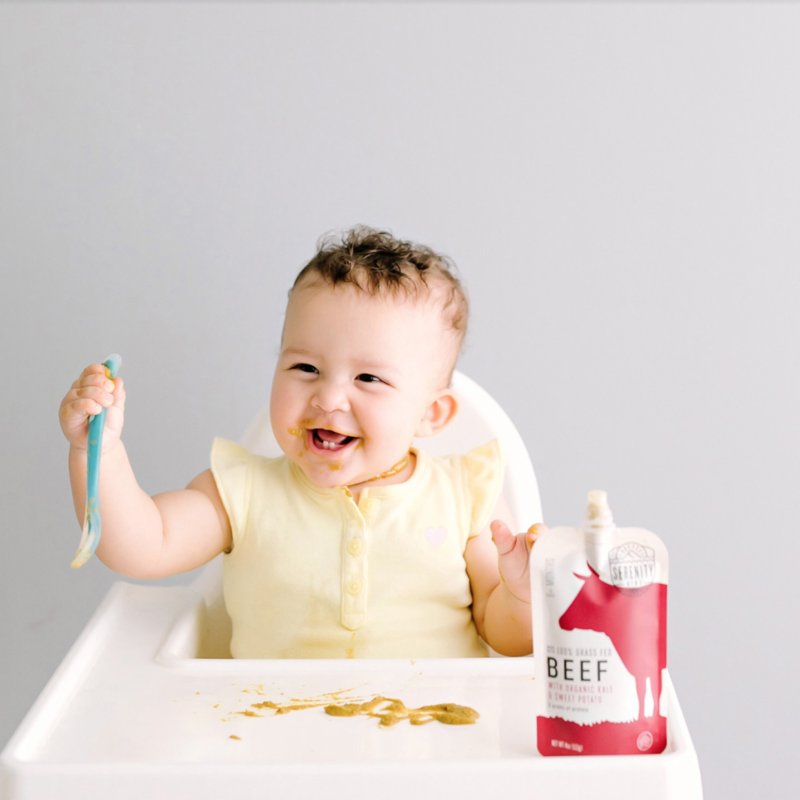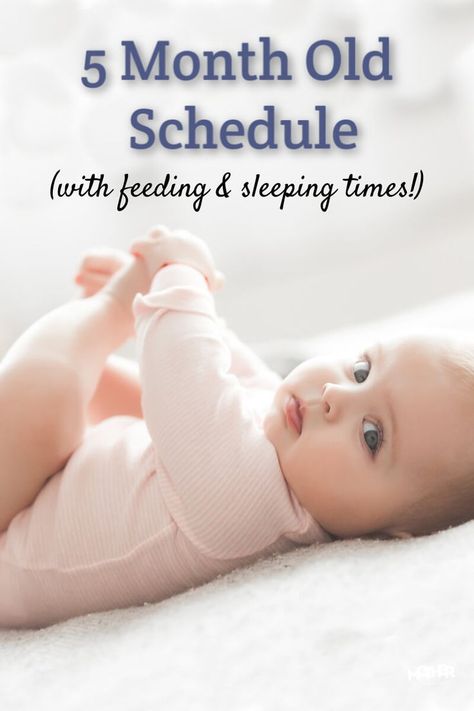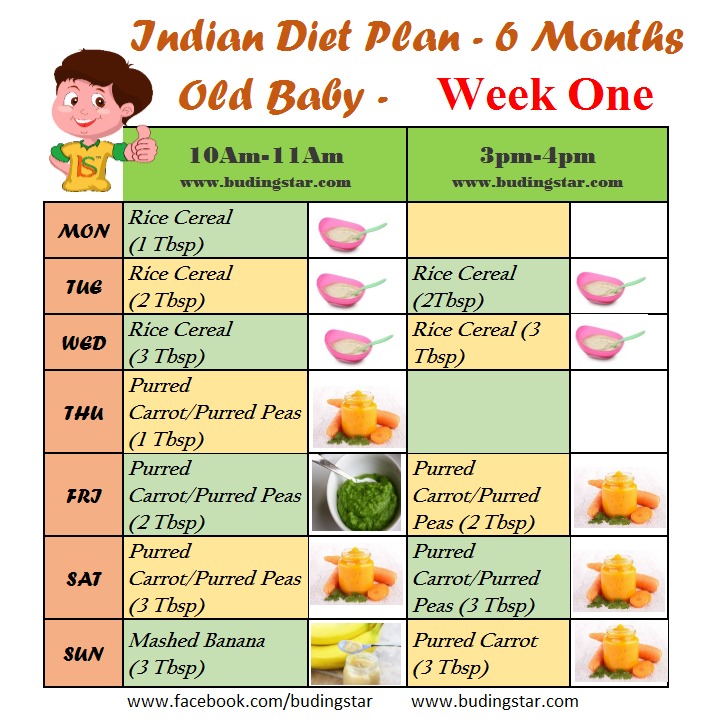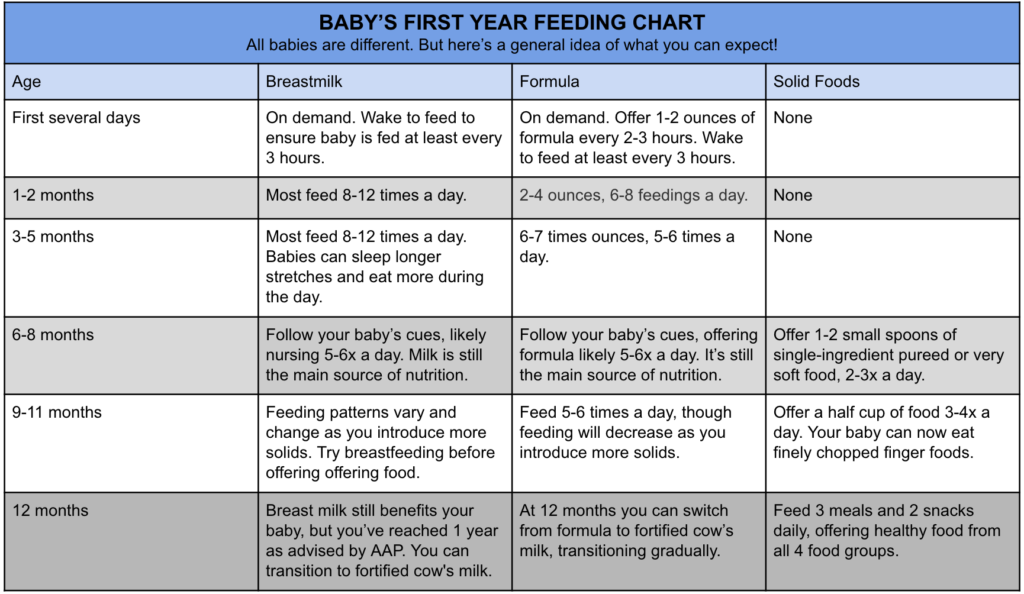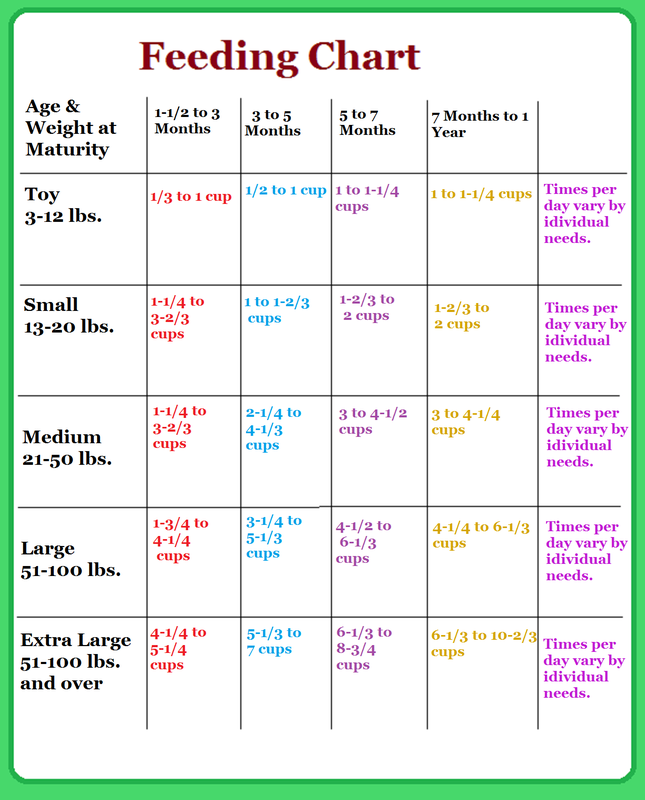Vegetarian food for babies
Sample Meal Plans for Feeding Your Vegetarian Baby
Need some meal ideas for your vegetarian baby? Use these sample vegetarian meal plans for babies 6-9 months old and 9-12 months old to help you feed your baby.
Can vegetarian eating meet my baby’s nutrition needs?
Vegetarian eating that includes breastmilk or infant formula, plant-based foods, milk products and eggs, can meet your baby’s nutrition needs for growth and development. If you choose vegan eating for your baby that excludes all animal products, speak with a dietitian to make sure your baby gets all the nutrients she needs.
How much should my vegetarian baby eat?
Every baby is different. The amount that your baby eats can change from day to day. Your baby may also eat more or less than other babies. Use the sample meals below as general guidelines only. Trust your baby to let you know when she is hungry or full.
Sample Vegetarian Meals for Baby: 6-9 months old
|
Meal Times |
6-9 months |
|
Early morning |
Breastmilk or infant formula Vitamin D drops if breastfed |
|
Breakfast |
Breastmilk or infant formula Iron fortified infant cereal mixed with breastmilk, formula or water Mashed fruit like banana or pears mixed with full fat plain yogurt |
|
Snack |
Breastmilk or infant formula |
|
Lunch |
Breastmilk or infant formula Iron fortified infant cereal mixed with breastmilk, formula or water Mashed vegetables like sweet potato, squash or carrots Pieces of silken (soft) tofu or well-cooked chopped egg |
|
Snack |
Breastmilk or infant formula |
|
Dinner |
Breastmilk or infant formula Iron fortified infant cereal mixed with breastmilk, formula or water Cooked vegetables like mashed carrots, pieces of soft cooked green beans or broccoli Canned or cooked legumes like beans, lentils or peas Fruit like unsweetened applesauce, mashed banana or pureed melon mixed with full fat plain yogurt |
|
Bedtime snack |
Breastmilk or infant formula |
Key points when starting to feed your vegetarian baby
-
Start by offering food 2-3 times a day and work towards 3-5 times a day.
- Start with a small amount such as 1 tsp. If your baby shows you that she wants more food, give her more. Click here for more information about feeding cues.
- Start with iron-rich foods like cooked legumes (beans, peas, lentils), cooked tofu, well-cooked chopped eggs and iron fortified infant cereals. Serve iron-rich foods with foods rich in vitamin C like mango, kiwi, melons, sweet potato, tomato and broccoli. Then introduce vegetables, fruit and other cereals and grains, full fat cheese and yogurt.
- Wait to try meat substitutes such as veggie “meats” until your baby has tried the individual ingredients in these products. Limit veggie “meats” and other packaged and processed foods. They are often high in sodium.
- Start with soft foods that have been pureed, mashed, minced or ground.
- Lumpy foods and finger foods can also be given at six months.
Sample Vegetarian Meals for Baby: 9-12 months old
|
Mealtimes |
Sample Meals |
|
Early morning |
Breastmilk, infant formula or 3. |
|
Breakfast |
Iron fortified infant cereal mixed with breastmilk, formula, 3.25% homogenized whole cow’s milk or water Full fat plain cow or soy yogurt, grated cow or soy cheese or unsalted cottage cheese Pieces of firm tofu or well-cooked chopped egg Soft fruit like chopped banana, avocado, peach, seedless watermelon, cantaloupe, papaya, plum or kiwi Water in a regular cup Breastmilk, formula or 3.25% homogenized whole cow’s milk |
|
Morning Snack |
Strips of whole-grain toast or roti Grated apple or chopped strawberries Breastmilk, formula or 3.25% homogenized whole cow’s milk |
|
Lunch |
Infant cereal mixed with breastmilk, formula, 3. |
|
Afternoon Snack |
Almond or sesame butter (tahini) thinly spread on pieces of unsalted whole grain crackers or toast Breastmilk, formula or 3.25% homogenized whole cow’s milk |
|
Dinner |
Iron fortified infant cereal mixed with breastmilk, formula, 3.25% homogenized whole cow’s milk or water Canned or cooked legumes like chickpeas, kidney beans or black beans Cut up vegetables like soft-cooked green beans, okra, peeled eggplant, broccoli, sweet potato, pumpkin or carrots Soft fruit like chopped banana, ripe pears, ripe peach, apricot or mango Breastmilk, formula or 3. |
|
Bedtime Snack |
Small pieces of whole grain toast, bread or unsweetened dry O-shaped cereal Breastmilk, formula or 3.25% homogenized whole cow’s milk |
Key points when feeding your baby from 9-12 months old
- Offer your baby 3 meals and 1-2 snacks as needed.
- By 12 months most babies can eat most foods (diced and soft) that are prepared for family meals. Your baby can enjoy the same herbs, spices and flavours of family meals.
- Once your baby is eating a variety of iron-rich foods every day, you can offer 3.25% homogenized whole milk in a regular cup. Continue to breastfeed on demand.
-
Soy, rice, almond, hemp, coconut and other non-dairy beverages are not recommended for children under 2 years of age because they are too low in protein and fat.
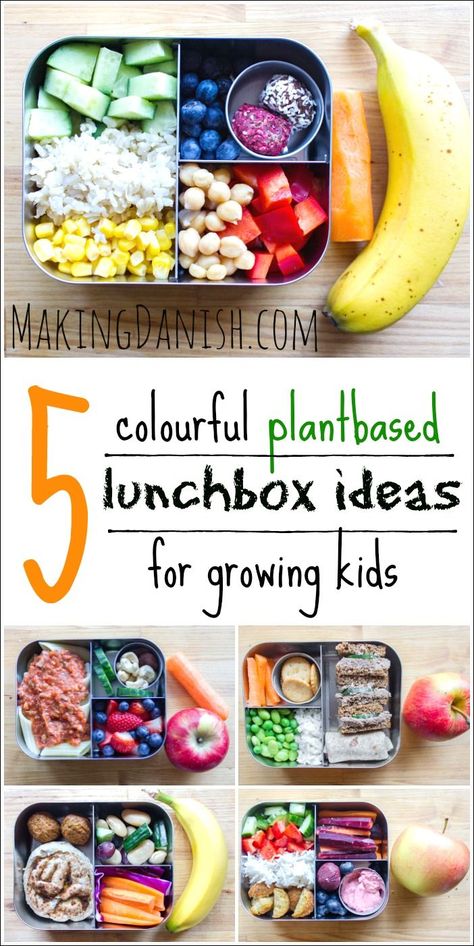
You may also be interested in:
What you need to know to raise a healthy vegetarian child
Introducing solid food to your baby
Iron Needs of Babies and Children, Canadian Pediatric Society
Feeding your baby from six months to one year, Nutrition Resource Centre
Last Update – July 25, 2018
Vegetarian feeding guide for babies and toddlers
Vegetarian feeding guide for babies and toddlers | Pregnancy Birth and Baby beginning of content7-minute read
Listen
If your baby develops a rash, facial swelling or trouble breathing after eating a new food, call triple zero (000) and ask for an ambulance.
Key facts
- Up until around 6 months of age, breastmilk or infant formula is all your baby needs.
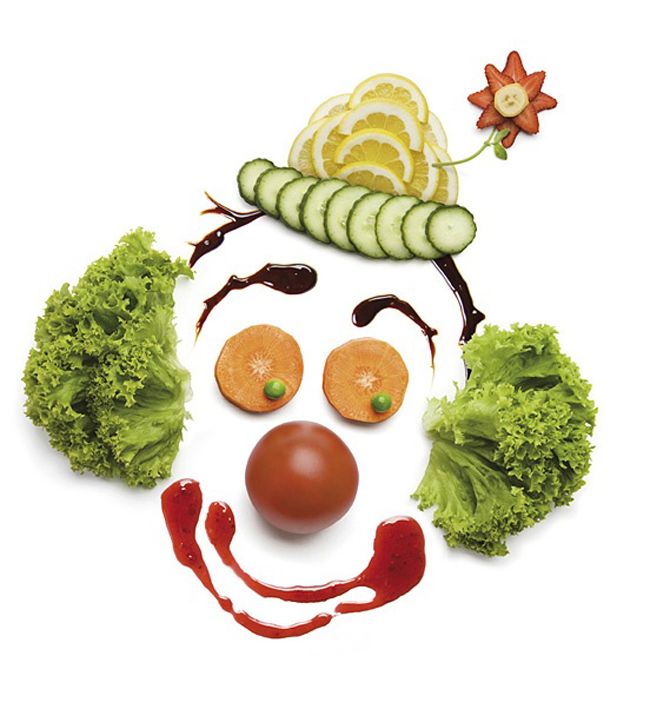
- Most babies are ready to start solids at around 6 months old.
- Vegetarian diets may be low in certain nutrients, so speak to your doctor, child health nurse or a dietitian about ways to ensure your baby gets enough nutrition.
- If your baby will start solids on a vegetarian diet, it’s important that you pay extra attention to ensure they get balanced nutrition.
Does a vegetarian diet pose any risks to my baby?
If your baby will start solids on a vegetarian diet, it’s important that you take extra care to ensure they get adequate nutrition.
Vegetarian diets may be low in protein, iron, zinc, calcium, omega-3 fats and some vitamins such as vitamin B12.
Speak to your doctor, child health nurse or a dietitian about ways to ensure your baby gets enough of these nutrients.
What should I feed my baby at 6 months old?
At around 6 months of age, your baby needs more nutrition than just breastmilk or formula can provide. At this age, they are able to sit up and hold their head without support and they have the necessary tongue control to manage their first solid foods, which should be soft and free of lumps. But remember that breastmilk or formula is still the most important food, so provide milk before offering solids.
At this age, they are able to sit up and hold their head without support and they have the necessary tongue control to manage their first solid foods, which should be soft and free of lumps. But remember that breastmilk or formula is still the most important food, so provide milk before offering solids.
At this stage, babies need some extra iron in their diet, so first foods should be rich in iron, such as iron-enriched infant cereal (mixed smooth with boiled, cooled water, breastmilk or formula) and cooked and pureed tofu and legumes.
What should I feed my baby at 6 to 12 months old?
Introduce your baby to a wide range of foods covering all 5 food groups: vegetables and fruits; grain (cereal) foods; protein foods, for example, tofu, legumes, nuts, seeds and eggs; and milk, cheese, yoghurt or alternatives.
It doesn’t matter in which order you introduce new foods, as long as they are prepared in a manner suitable for the baby’s age and developmental stage, and include some iron-rich foods.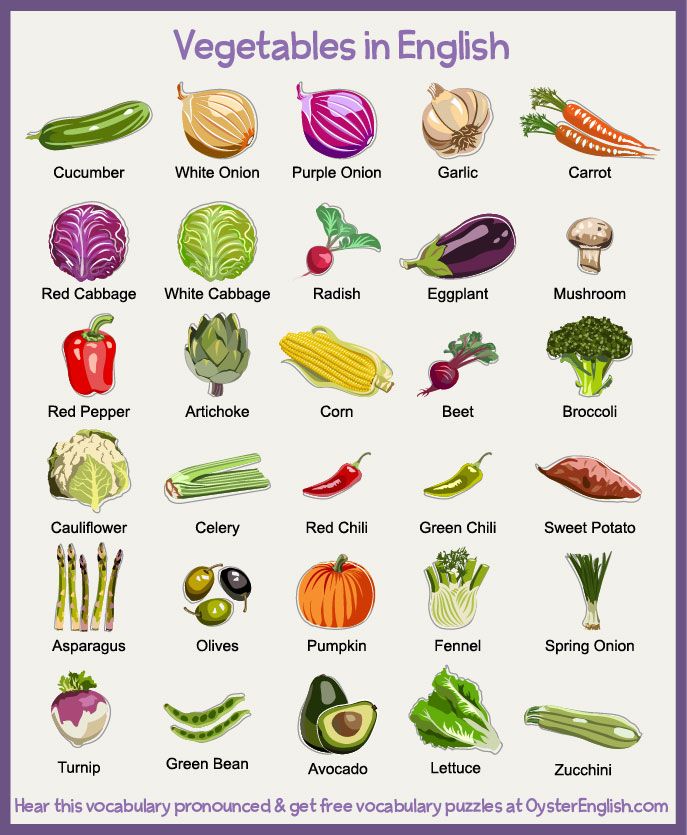
Here are some ideas for foods to offer your baby from all 5 food groups:
Vegetables, legumes and pulses, such as:
- cooked and pureed vegetables (for example, pumpkin, potato, sweet potato, carrot, cauliflower, broccoli or zucchini)
- home-made vegetable soups or stock mixed with vegetables
- smooth peanut butter
Fruits, such as:
- cooked and pureed fruit (for example, apple, pear, apricot, peach or nectarine)
- raw, ripe mashed banana or mango
- raw, mashed avocado
- melon or plums, with skins and seeds removed
- dried fruit, such as prunes or apricots, cooked to soften, then pureed
Eggs, fish and meat alternatives
- cooked tofu
- cooked fish, bones removed
- egg that is thoroughly cooked (white is set and yolk begins to thicken)
Dairy products and alternatives, such as:
- milk
- yoghurt
- custard
- cottage cheese or grated cheese
Grains and cereals, such as:
- iron-enriched baby cereals
- toast fingers or rusks
For young babies, remove the skins and seeds from fruits and vegetables.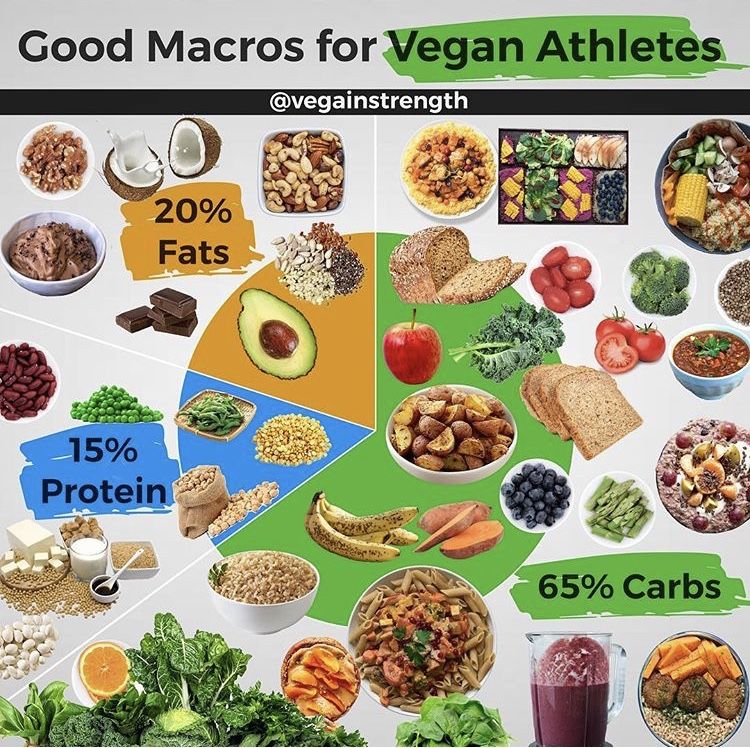
What texture food should I feed my baby?
Your baby will become more interested in a wider range of foods and textures as they grow:
- At 7 to 8 months, babies start to chew thicker food with some soft lumps.
- At 8 to 9 months, they can feed themselves soft ‘finger food’.
- At 12 months, they can eat much the same food as the rest of the family eats.
What foods shouldn’t I give my baby?
Before your baby is a year old, you should not give them honey, products containing uncooked or runny egg, adult breakfast cereals, or cow’s milk as their main drink.
You don’t need to add salt or sugar to your baby’s food.
Don’t feed babies and young children hard or sticky foods that can cause choking, such as whole nuts, whole grapes, popcorn or lollies.
What should I feed my baby after 12 months of age?
After 12 months of age, your child can join in family meals and eat a wide variety of nutritious foods.
Milk remains important for calcium.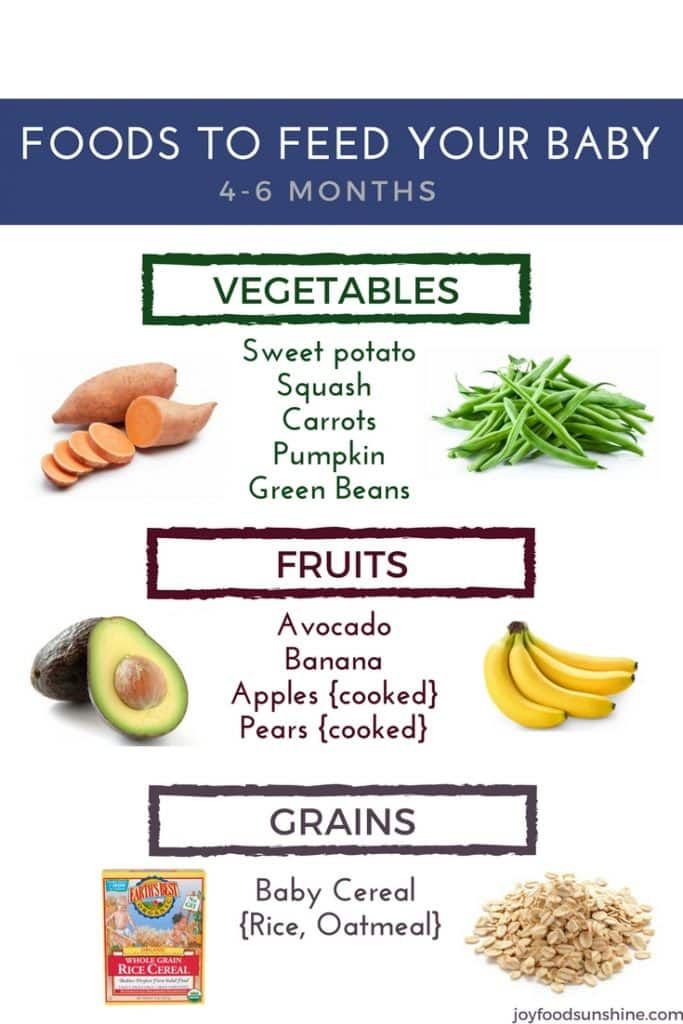 Toddlers should have 1 to 1 ½ serves of dairy per day. A serving of dairy is one cup (250mL) of milk, a 200g tub of yoghurt or 2 slices (40g) of cheese.
Toddlers should have 1 to 1 ½ serves of dairy per day. A serving of dairy is one cup (250mL) of milk, a 200g tub of yoghurt or 2 slices (40g) of cheese.
Starting solids and allergies
Avoiding common allergy foods, such as eggs, peanuts and tree nuts, will not reduce your baby’s risk of developing allergies. It may even increase the likelihood of an allergy developing.
All babies should be given common allergy foods before they are 12 months old. This is the case even if they have severe eczema, another food allergy or if they have a close relative with a food allergy.
If you are concerned about food allergies, speak to your doctor or child health nurse about introducing those foods into your child's diet.
If your baby’s lip, eyes or face swell or if they develop welts on their body after you have introduced a new food, it could be an allergic reaction. Stop feeding the baby and seek medical advice straight away.
If your baby develops a rash, facial swelling or trouble breathing after eating a new food, call triple zero (000) and ask for an ambulance.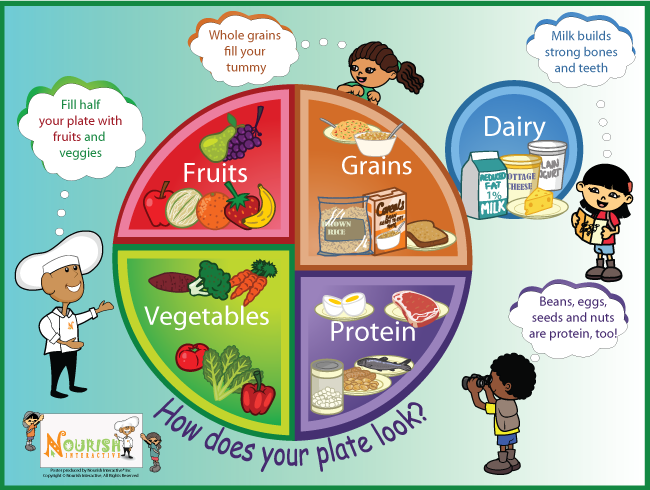
Speak to a maternal child health nurse
Call Pregnancy, Birth and Baby to speak to a maternal child health nurse on 1800 882 436 or video call. Available 7am to midnight (AET), 7 days a week.
Sources:
Australasian Society of Clinical Immunology and Allergy (ASCIA) (How to introduce solid foods to babies for allergy prevention), Department of Health (Eat for health – infant feeding guidelines), Department of Health (Australian guide to healthy eating), Department of Health (Serve sizes), Department of Health (Recommended number of serves for children, adolescents and toddlers), Dietitians Australia (What is a vegetarian diet), Royal Children’s Hospital Melbourne (Guide to foods – baby’s first year), WA Health (Baby’s first foods – Healthy eating from around 6 months)Learn more here about the development and quality assurance of healthdirect content.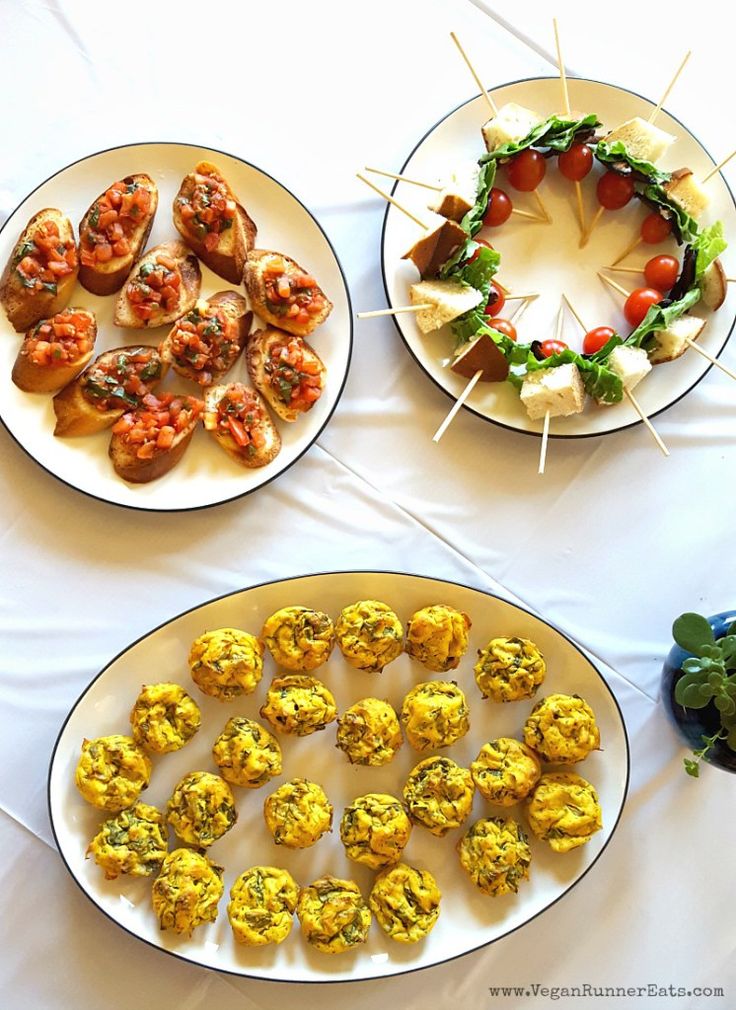
Last reviewed: August 2022
Back To Top
Related pages
- Fruit and vegetables for children
- Healthy eating for your child
- Introducing solid food
- Milk, cheese and yoghurt
Need more information?
Baby’s first foods – Healthy eating from around 6 months
Starting solid food is exciting! It’s not just about eating healthy food – your baby is learning how to eat and to enjoy food, and to experience new tastes and textures. These early days will shape her attitudes to food and eating.
Read more on WA Health website
Introducing solid food
By the time your baby is about 6 months of age, breast milk or formula will no longer provide all the nutrition they need for healthy growth.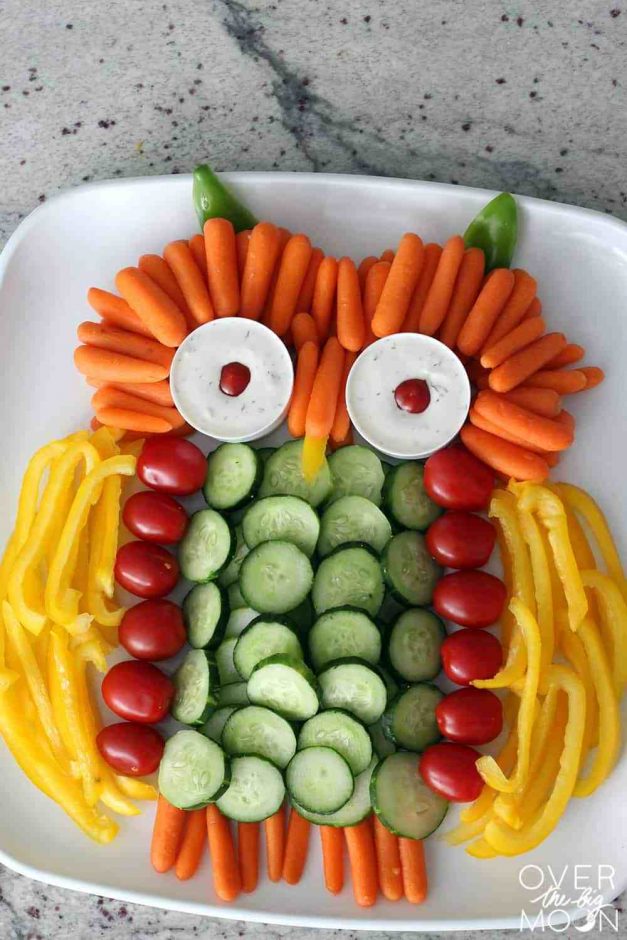
Read more on Pregnancy, Birth & Baby website
Food - Ways to boost iron intake for babies, toddlers and children | Sydney Children's Hospitals Network
This information, with its food examples, is intended for educational purposes only and does not constitute SCHN/JHCH endorsement of any branded food product
Read more on Sydney Children's Hospitals Network website
Pregnancy and breastfeeding | Dietitians Australia
Your body needs extra nutrients during pregnancy and breastfeeding. You should also limit or avoid some foods and drinks. Here we look at the do's and don't's of eating while pregnant and breastfeeding, and when you should seek the services of an Accredited Practising Dietitian (APD).
Read more on Dietitians Australia website
Disclaimer
Pregnancy, Birth and Baby is not responsible for the content and advertising on the external website you are now entering.
Need further advice or guidance from our maternal child health nurses?
1800 882 436
Video call
- Contact us
- About us
- A-Z topics
- Symptom Checker
- Service Finder
- Linking to us
- Information partners
- Terms of use
- Privacy
Pregnancy, Birth and Baby is funded by the Australian Government and operated by Healthdirect Australia.
Pregnancy, Birth and Baby is provided on behalf of the Department of Health
Pregnancy, Birth and Baby’s information and advice are developed and managed within a rigorous clinical governance framework. This website is certified by the Health On The Net (HON) foundation, the standard for trustworthy health information.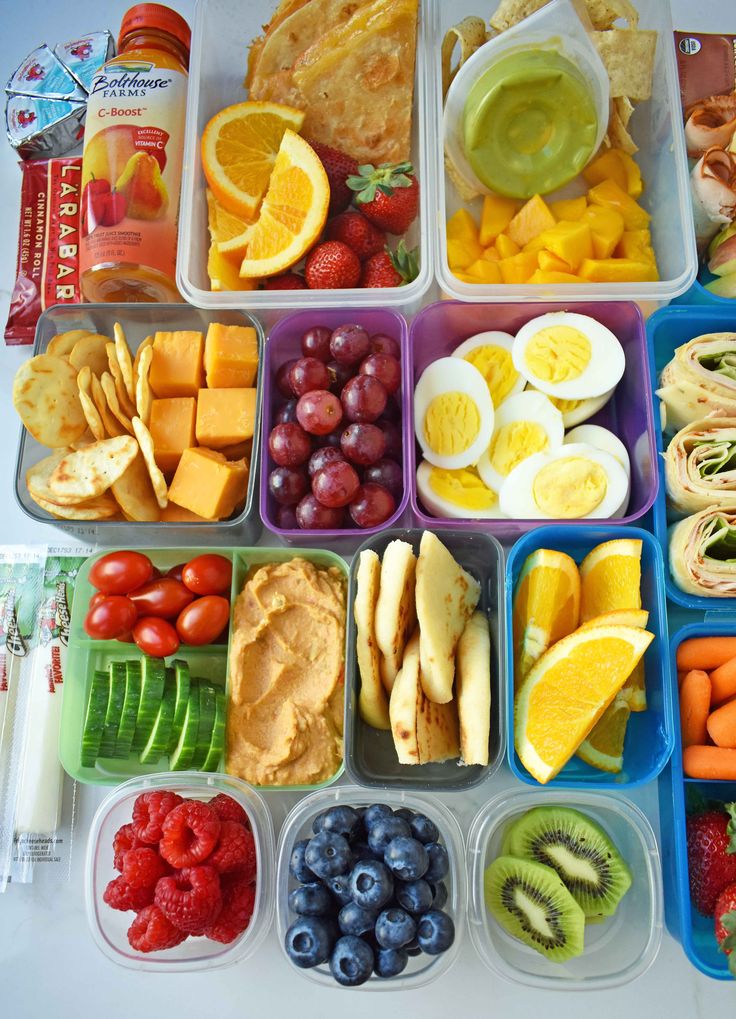
This site is protected by reCAPTCHA and the Google Privacy Policy and Terms of Service apply.
This information is for your general information and use only and is not intended to be used as medical advice and should not be used to diagnose, treat, cure or prevent any medical condition, nor should it be used for therapeutic purposes.
The information is not a substitute for independent professional advice and should not be used as an alternative to professional health care. If you have a particular medical problem, please consult a healthcare professional.
Except as permitted under the Copyright Act 1968, this publication or any part of it may not be reproduced, altered, adapted, stored and/or distributed in any form or by any means without the prior written permission of Healthdirect Australia.
Support this browser is being discontinued for Pregnancy, Birth and Baby
Support for this browser is being discontinued for this site
- Internet Explorer 11 and lower
We currently support Microsoft Edge, Chrome, Firefox and Safari. For more information, please visit the links below:
For more information, please visit the links below:
- Chrome by Google
- Firefox by Mozilla
- Microsoft Edge
- Safari by Apple
You are welcome to continue browsing this site with this browser. Some features, tools or interaction may not work correctly.
Vegetarian from birth: can children do without meat
We tell you why traditional food is recommended for children, what are the risks of a "vegetarian" diet, and what is the chance of growing up healthy without meat, milk and eggs. In general, they took up one of the most controversial and controversial topics - vegetarianism and children. Renata Petrosyan, endocrinologist, head physician of the Chaika clinic, and Fedor Katasonov, pediatrician at GMS Clinic, author of the book “Pediatrics. Non-anxious approach to the child.
From a health point of view, any dietary restrictions are a risk factor.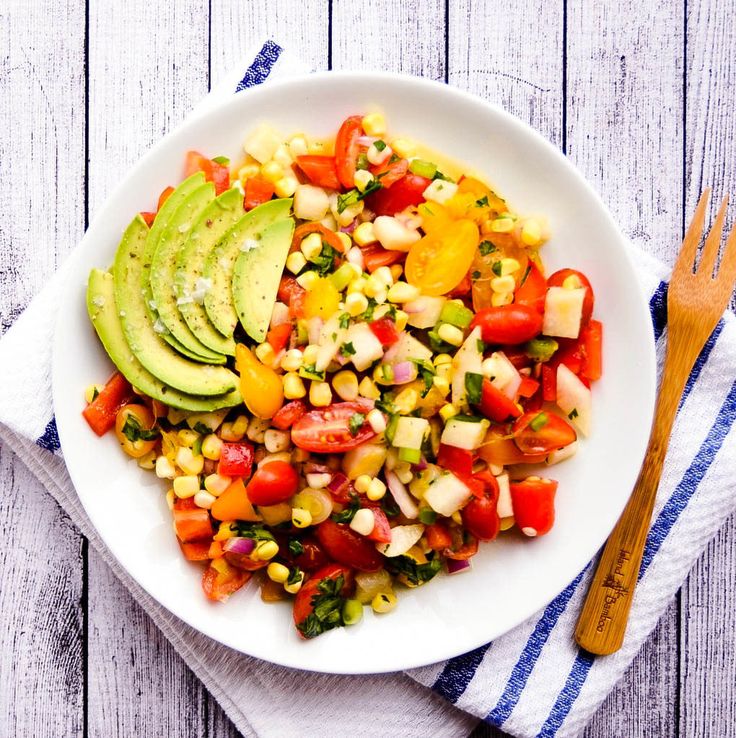 There is no single food that fully satisfies our nutritional needs. That is why official recommendations in foreign
There is no single food that fully satisfies our nutritional needs. That is why official recommendations in foreign
and
Russian
in relation to the diet of children refer specifically to a varied diet, which, among other things, includes lean meat.
However, there is evidence that a well-planned vegan and vegetarian diet is suitable even for breastfeeding mothers and young children. True, not all pediatricians share this opinion, because it is quite difficult to develop a complete children's diet with food restrictions, partly because the need for nutrients is highly dependent on age. nine0003
Let's take a look at the problems parents face when they decide to put their child on a plant-based diet.
Vegetarian diet for children under three years old
Vegetarianism and the impact of this style of eating on the health of children began to be studied 30 years ago.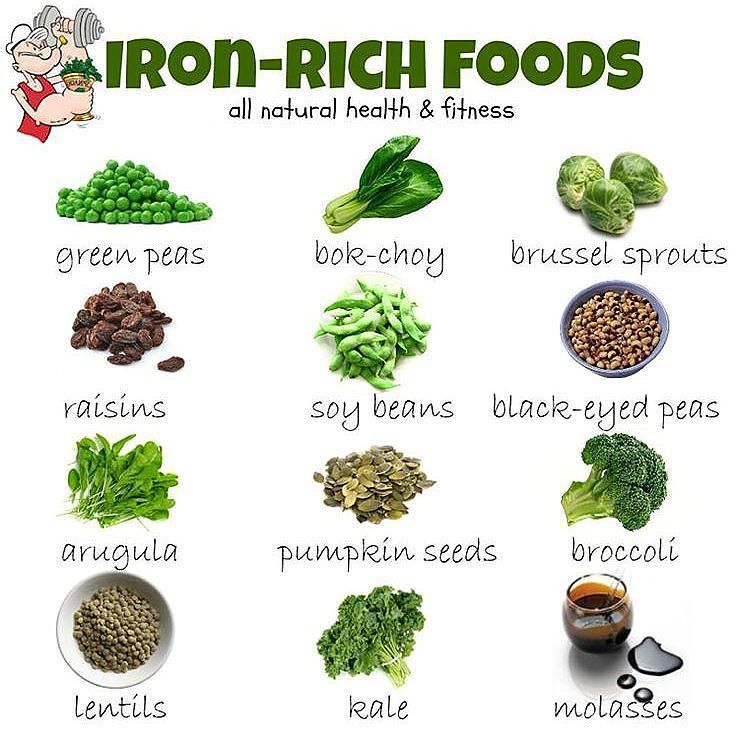 In 1988, British researchers
In 1988, British researchers
observed for several years
the growth and development of children (from one to five years old) who followed a vegan diet. Most vegan children grew normally but tended to be smaller and weigh less than their peers. The intake of calcium and vitamin D in these children was below the recommended norm. Despite the fact that the diet of the study participants was generally adequate and well-planned, some of them still received little vitamins B2 and B12. Later
the 2017
study confirmed these findings.
The main source of protein and nutrients for babies under six months is breast milk, and for vegan babies, soy formula. According to the recommendations of American doctors, children who are exclusively breastfed and whose mothers (vegetarians) do not take nutritional supplements should receive additional vitamin B12.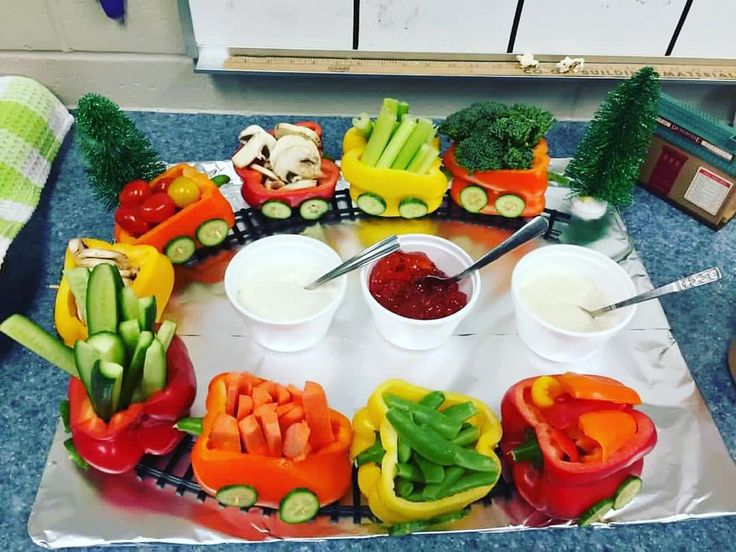 And infants and infants who get less than one liter of soy formula should get extra vitamin D.
And infants and infants who get less than one liter of soy formula should get extra vitamin D.
Recommendations for introducing solid foods to vegetarian and non-vegetarian children are the same. Children over six months of age should receive iron from fortified foods.
Vegetarian babies over six months of age can use mashed tofu, cottage cheese, milk or soy yogurt, mashed beans, peas, chickpeas or lentils as a protein source.
Things to consider when planning meals for a vegan child
Possible deficiency of important nutritional components . The stricter the vegetarian diet,
the higher the risks
.
Vegetarian diets for adults are not suitable for young children . As a rule, adult vegetarians tend to consume low-fat and low-calorie foods, which at the same time take up a lot of space in the stomach. Such food allows you to feel full and not overeat. The volume of the stomach of a child 1-3 years old is only 200-300 ml. On a vegetarian diet, children fill their stomach too quickly and stop feeling hungry long before they get all the necessary nutrients. nine0003
The volume of the stomach of a child 1-3 years old is only 200-300 ml. On a vegetarian diet, children fill their stomach too quickly and stop feeling hungry long before they get all the necessary nutrients. nine0003
Renata Petrosyan
endocrinologist, chief physician of the clinic "Chaika"
Due to the small stomach volume and low-energy food, vegetarian children may receive fewer calories than they need. To avoid this, you need to organize three main meals and three snacks a day.
Please note: children under two years of age should not be restricted in fat. Fat-free foods are not suitable for them.
Children do not like many products . Healthy vegetarian diets require variety. If a child agrees to eat only pears and carrots, but refuses beans and other foods that contain a lot of vegetable protein, he simply does not have enough “building material” for normal development.
Fedor Katasonov
pediatrician, author of the book “Pediatrics. Non-anxious approach to the child"
- If parents are willing to ensure that the child's diet is balanced and observed by a doctor, then the risks of a vegetarian and vegan diet can be minimized. Children in general eat very differently in different parts of the world and generally feel good. nine0003
I have a patient who is a vegan from birth. Now he is four years old, he rides a skateboard, snowboarding and generally everything he sees. I don't see any health issues with him.
If parents clearly understand how to raise a vegan child, realize that it is important to take additional vitamins with this diet, and are ready to comply with all prescriptions and dietary recommendations - there are no objections. As in any business, the main thing is a conscious approach.
Vegetarian diet for elementary school children and teenagers
In 1999, researchers in Brussels examined the health status of 82 vegetarian children and adolescents and concluded that they were developing well.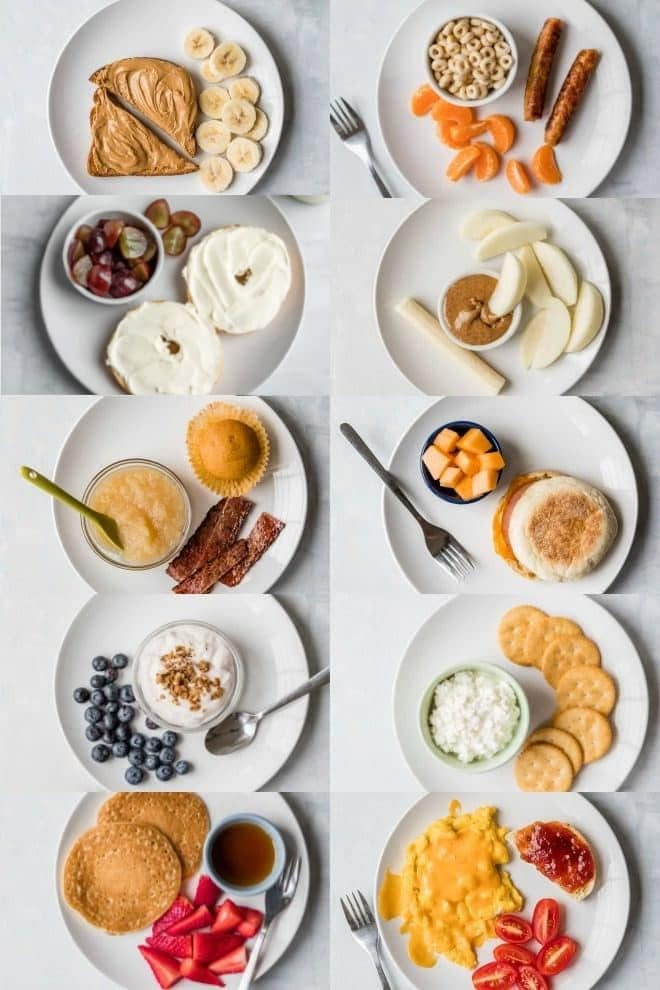 True, some vegetarians were thin and not as strong as their peers. Nevertheless, the results obtained are not enough to argue that a vegetarian child will certainly grow up thin and weak.
True, some vegetarians were thin and not as strong as their peers. Nevertheless, the results obtained are not enough to argue that a vegetarian child will certainly grow up thin and weak.
Renata Petrosyan
endocrinologist, chief physician of the clinic "Chaika" nine0003
“There is no convincing evidence that limiting the consumption of meat and other animal products in children always results in thinness, short stature, or developmental delay.
Vegetarian diet is suitable for children of any age, as long as their weight is not below the 15th percentile (meaning that only 15% of children of this age have this weight. If the weight of the child is below the 15th percentile, that is, he is thin, it is not worth anything was to limit the choice of food).
For some adolescents, the choice of a severe restrictive diet may be a sign of an eating disorder. nine0003
If a teenager's body mass index is less than the 15th percentile, a doctor should be consulted regarding the safety of any diet.
In summary, we can say that a vegetarian diet for schoolchildren and adolescents has advantages and disadvantages. In general, most researchers believe that
the younger the child and the stricter his diet
, the higher the risk that he will not have enough vitamins and complete protein. nine0003
However, this does not mean that a teenager's vegetarian diet should be planned less carefully than an infant's menu: even though a teenager's need for certain nutritional components is less, it is still very important to get enough of them.
What parents need to know
The diet of the child must be carefully considered. It is important to understand what food and in what quantity a young vegetarian needs in order to grow and develop normally. nine0003
Renata Petrosyan
endocrinologist, chief physician of the clinic "Chaika"
- Veganism requires much more attention from parents due to the likely deficiency of elements.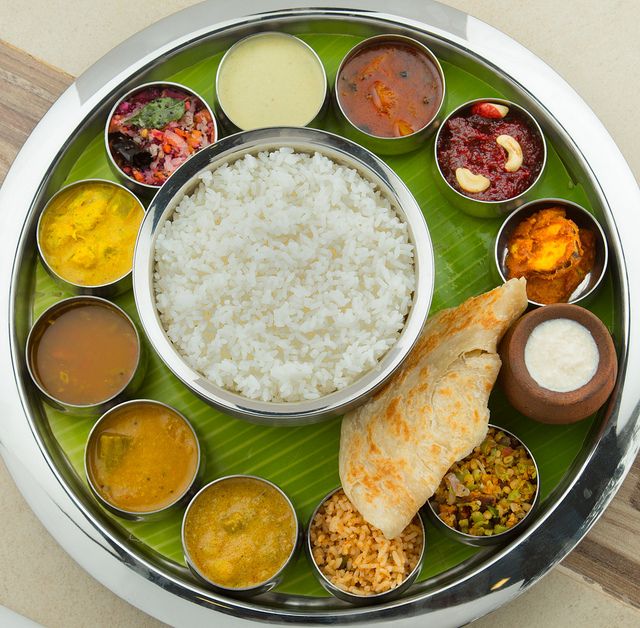 At the same time, lacto-vegetarianism (of all products of animal origin, only milk and dairy products can be consumed. - Approx. ed. ) is healthier in general and carries fewer risks.
At the same time, lacto-vegetarianism (of all products of animal origin, only milk and dairy products can be consumed. - Approx. ed. ) is healthier in general and carries fewer risks.
Fats . For children over two years of age, foods containing a sufficient amount of fat are nuts, seeds, nut and sunflower oils, avocados. nine0003
Fatty amino acids . A vegetarian diet is rich in omega-6 polyunsaturated fatty acids. However, for the health of the cardiovascular system, vision and brain, you also need to get omega-3 acids. Flaxseed oil, walnuts, rapeseed, and soy contain adequate amounts of omega-3s.
Protein . Plant foods are poor in proteins, and children need to grow up. In addition, proteins from plants are absorbed worse than from meat or fish. Parents need to combine different foods to provide the child with all the necessary amino acids. Adding dairy or soy solves this problem. However, very young vegan children will be deficient in the amino acid methionine.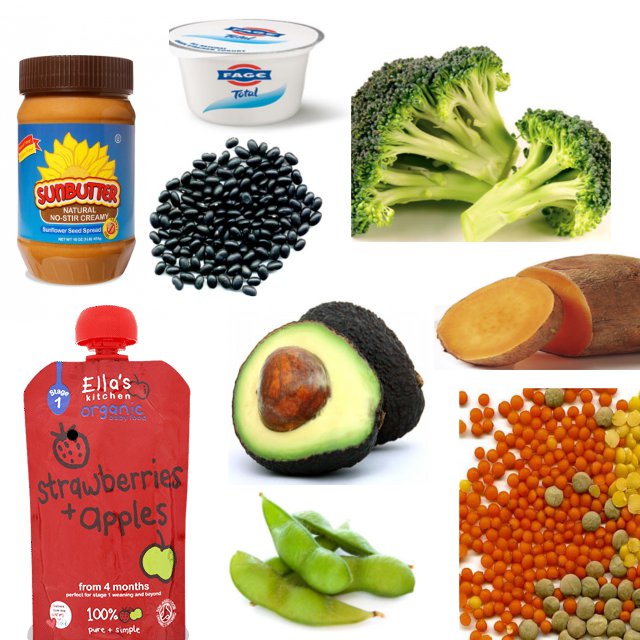 In this case, methionine-enriched baby food will help ensure adequate protein intake. nine0003
In this case, methionine-enriched baby food will help ensure adequate protein intake. nine0003
Iron . Vegetarian teenagers often have iron deficiency - the more restrictive (veganism), the more common it is. Here are its possible manifestations:
- developmental delay;
- frequent colds;
- muscle weakness;
- behavioral problems.
The iron found in meat (heme) is much better absorbed than non-heme iron from plant foods. Iron absorption is hindered by tannins from black tea and phytinates, which are abundant in beans, seeds, whole grains, and soy. nine0003
In order for iron to be absorbed from plant foods, your child should be given enough foods with vitamin C (ascorbic acid).
Calcium . Children get calcium mainly from dairy products. If milk is excluded from the diet, it is necessary to include drinks or cereals fortified with calcium and vitamin D.
Vitamin D. Children under one year of age need at least 15 mcg of the vitamin per day.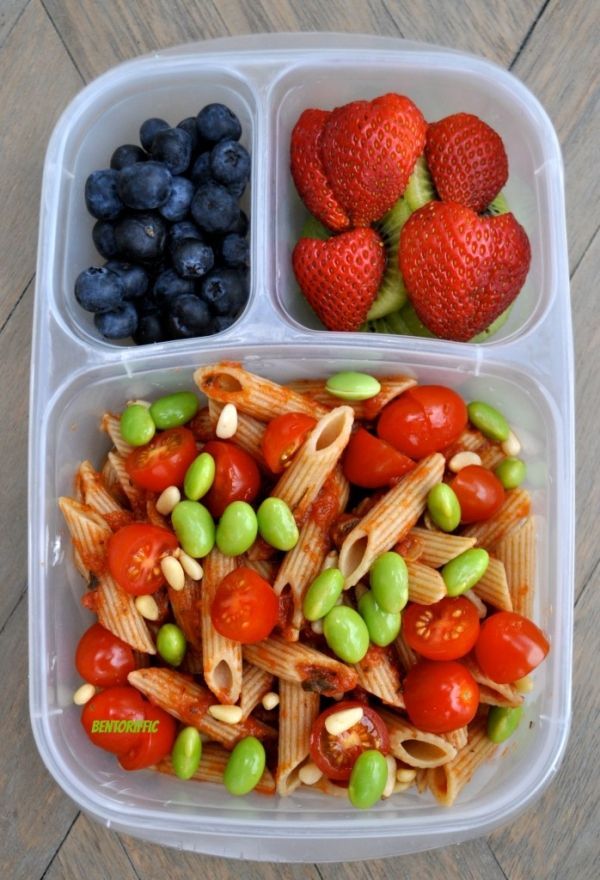 This amount can be obtained from fatty fish or fortified soy or cow's milk. nine0003
This amount can be obtained from fatty fish or fortified soy or cow's milk. nine0003
Children who are rarely exposed to the sun and do not receive fortified foods, as well as children under one year old living in northern latitudes, are recommended to take a supplement with plant-based vitamin D2 - ergocalciferol.
Newborns need 10 mcg (400 IU) of the vitamin per day, and vegetarian children aged 1 to 18 years need 15 mcg (600 IU).
Vitamin B12 is not found in a vegetarian diet. This is a product of exclusively animal origin. Vegans can get vitamin B12 from fortified soy milk or take a vitamin supplement. nine0003
Do vegetarian children need to be tested for vitamins
Parents of young vegetarians often seek to monitor vitamin levels through blood tests. But such tests are often not necessary for children.
Renata Petrosyan
endocrinologist, chief physician of the clinic "Chaika"
- Children are sent for examination only if the observing pediatrician has doubts that the child receives enough vitamins.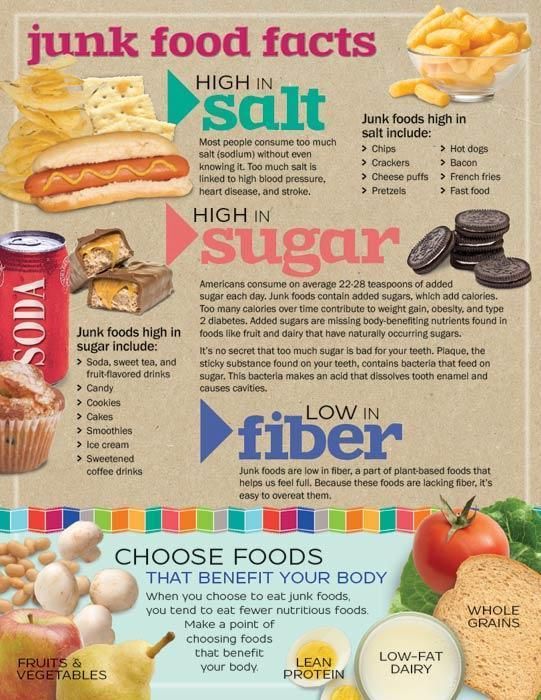 nine0003
nine0003
Taking tests just like that, without a doctor's prescription, is a waste of money.
What is the result
There are no insurmountable obstacles to vegetarianism or even veganism from childhood. Moreover, there are studies demonstrating that there are benefits from such diets. For example, people who follow a well-planned
plant-based diet are less likely to suffer from obesity, coronary disease, hypertension and type 2 diabetes. But as for mortality, then
it's not that simple
: it's not certain that a vegetarian diet will make you live longer.
However, being a vegetarian is more difficult. You need to get enough of the necessary nutrients - after all, a person's health depends on how varied he eats.
There is one more nuance. People who refuse meat often do not drink alcohol, do not smoke and play sports.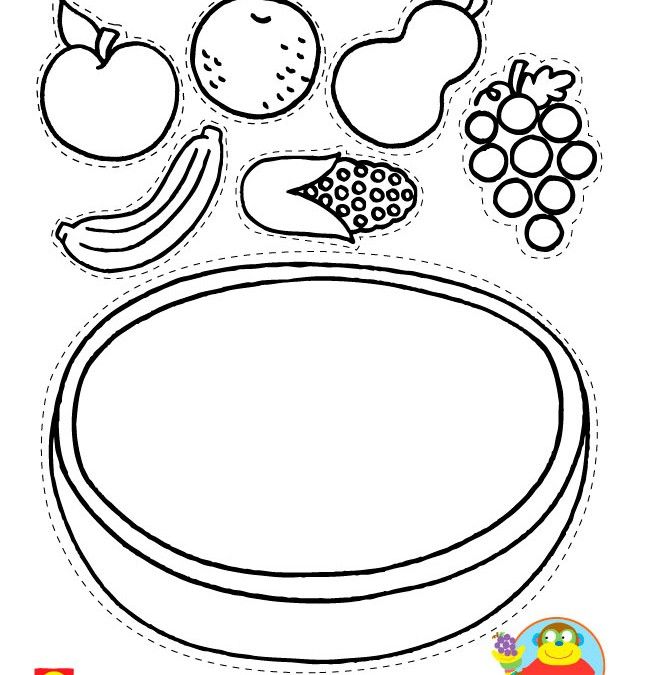 So we cannot say for sure that vegetarians are less likely to die, for example, from coronary heart disease (CHD) solely due to their diet. It is possible that a healthy lifestyle protects them from coronary artery disease and other diseases. nine0003
So we cannot say for sure that vegetarians are less likely to die, for example, from coronary heart disease (CHD) solely due to their diet. It is possible that a healthy lifestyle protects them from coronary artery disease and other diseases. nine0003
Illustrations: Olga Efimova
Photograph by Renata Petrosyan: Natalya Pokrovskaya
Subscribe to The Challenger!
Share
Children's vegetarian menu for a week (not only suitable for vegetarians)
I enrich dishes with oils. For example, I add sesame oil to morning cereals - a source of omega-3,6,9. In salads - olive and linseed.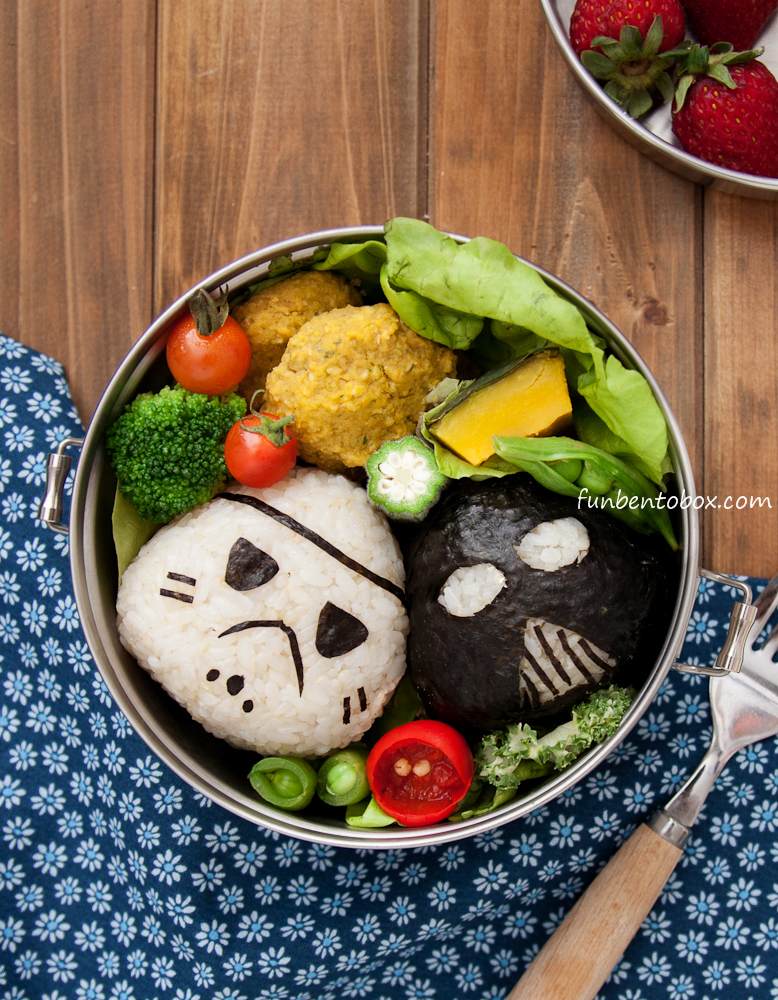 For toast, bread, pasta, cereals - flaxseed and cedar.
For toast, bread, pasta, cereals - flaxseed and cedar.
Smoothies with Chia seeds are an excellent source of omega for both children and adults. The slippery grains add texture to the smoothie, they are delicious, very healthy, and are considered a superfood, which, by the way, is inexpensive. During the day, my son only drinks water with lemon, ginger (sometimes honey). No tea, no packaged juices. Sometimes we can buy birch or carrot, but we still try to give our own preparation; I can cook (more precisely, bring to a boil and leave to infuse) compote of dried fruits or frozen cherries and rhubarb. All without sugar, in such a drink, cooled to room temperature, you can add honey to taste if you like. nine0003
The cooking process is reduced to a minimum, we eat only freshly prepared food, we do not reheat or use the microwave. Porridge, basically, I bring to a semi-finished state, then cover with a lid and insist for 7-10 minutes. It is also very convenient to cook cereals in a slow cooker.
Soup is pretty fast. Pour boiling water over fresh or frozen vegetables, cook for 10-15 minutes and turn it off, add vegetable oil (sunflower, olive or other), seasonings, sea salt (I try to alternate, but more often we have Himalayan pink at home) and leave for another 10 minutes, after which I beat in a blender or do not beat, and finally I generously sprinkle with fresh herbs or raw seeds (sunflower, pumpkin). nine0003
Most often I cook vegetables for a couple, but sometimes we like to bake in a bag or on a baking sheet. If I fry something in a pan, then only in butter, coconut oil or ghee (clarified butter). The food acquires a caramel, delicate taste and a beautiful amber color.
My child has snacks twice a day - these can be nuts, dried fruits, rye or corn bread, fruits, vegetables. Fruits - always before meals, then they bring maximum benefit - and not as a dessert after (all because fruits are digested so quickly, within 30 minutes, and do not rot under the pressure of other food). nine0003
nine0003
Now I want to share our weekly menu, which varies depending on the mood, desires, new taste discoveries, as well as adjusted for the season of the year, the country. I try to plan the menu for a week or at least daily in the evening; and if time permits, I like to improvise.
Here is our menu option for the week
Monday
8.00 smoothies: 2 tbsp. l. chia + banana + water nine0003
9.00-9.30 oatmeal on the water with sesame/butter or ghee
11.00-11.30 fresh carrot, apple
13.00 pumpkin soup with whole boiled beans
16.30 a handful of nuts, compote of cherries and rhubarb
19.00 buckwheat with a drop of linseed oil
Tuesday
8.00 raisins, dates, dried apricots
nine.00 pancakes (“nalesniki”) with cottage cheese
13.00 pea soup puree with herbs
16.30 green smoothie - apple juice, spinach, banana, 2 tbsp CHIA
19.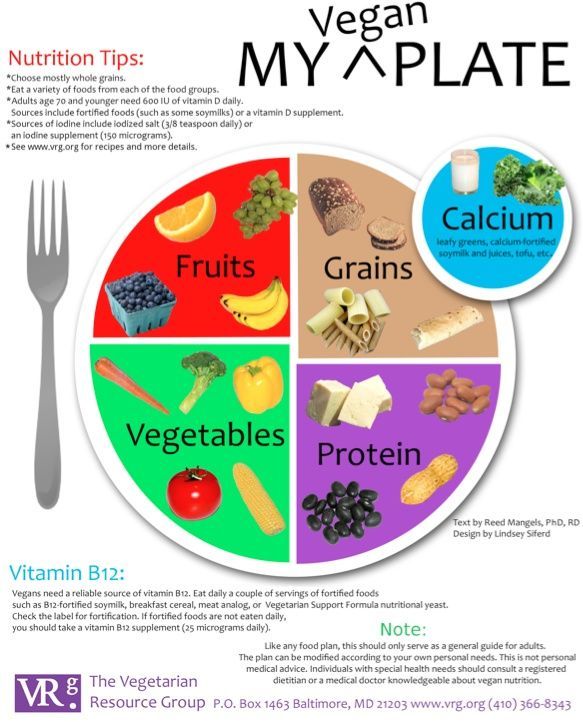 00 pasta (buckwheat, spelled or rye) with spinach, mozzarella and tomatoes
00 pasta (buckwheat, spelled or rye) with spinach, mozzarella and tomatoes
Medium
8.00 kiwi pudding with chia + vegetable milk
9.00-9.30 oatmeal
13.00 vegetable soup with herbs
16.30 peanut butter bread
19.00 brown rice with steamed vegetables (broccoli, peas, carrots)
Thursday
8.00 apple
9.00-9.30 apple pie (without eggs) with raw sunflower seeds
11.00-11.30 a handful of nuts
13.00 red lentil puree soup with vermicelli and herbs nine0003
16.30 a glass of carrot juice
19.00 buckwheat with linseed oil and seaweed salad
Friday
8.00 pudding - CHIA + banana + cinnamon + rice milk
9.00-9.30 millet with raisins and prunes
13.00 cauliflower and potato soup + with salt and olive oil and bread
16.30 homemade oatmeal cookies, a glass of fresh orange juice nine0003
19:00 barley porridge with carrots and onions
Saturday
8.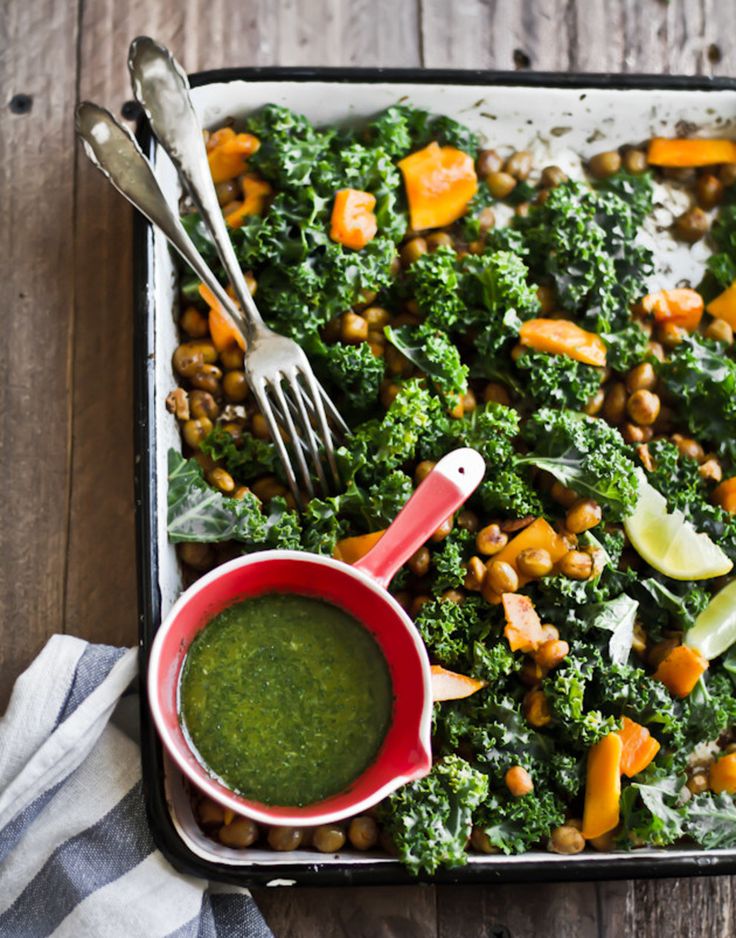

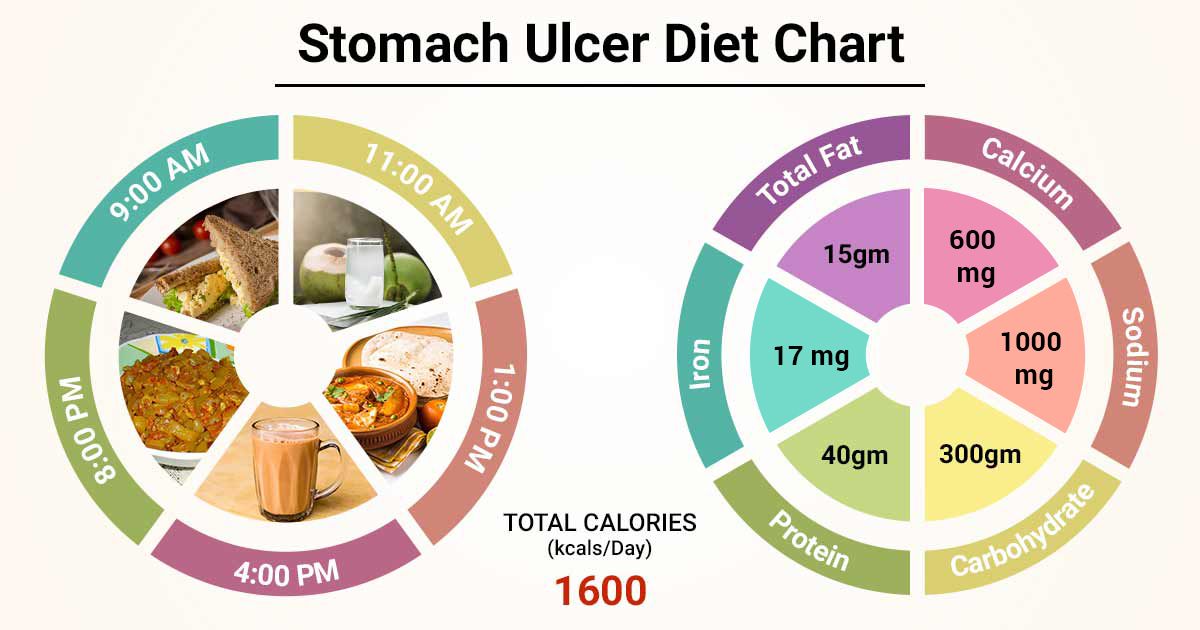 25% homogenized whole cow’s milk Vitamin D drops
25% homogenized whole cow’s milk Vitamin D drops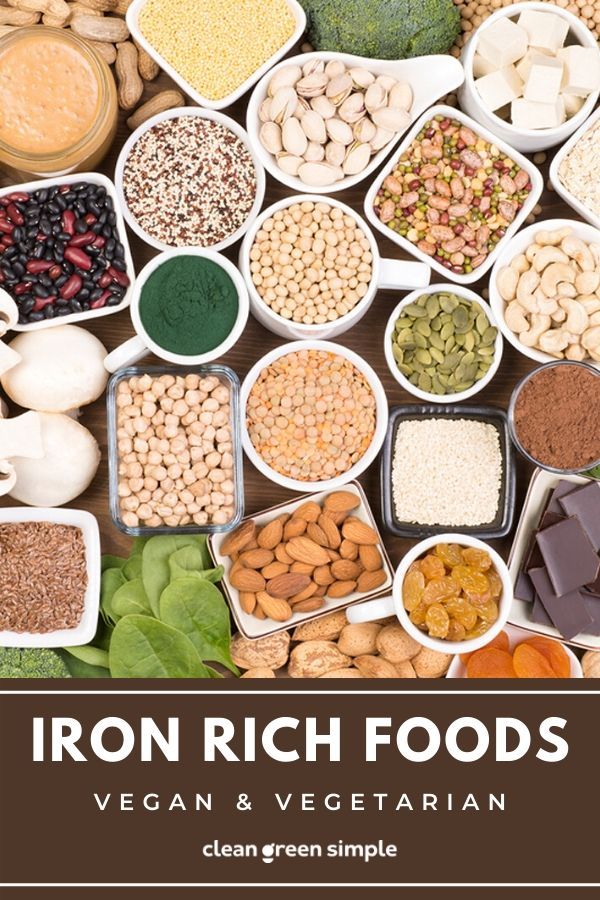 25% homogenized whole cow’s milk or water Canned or cooked lentils, textured vegetable protein (TVP) or veggie “ground beef” Cooked whole wheat pasta, rice or chopped pieces of Matzo ball Chopped soft-cooked asparagus, minced collard greens or turnip greens Breastmilk, formula or 3.25% homogenized whole cow’s milk
25% homogenized whole cow’s milk or water Canned or cooked lentils, textured vegetable protein (TVP) or veggie “ground beef” Cooked whole wheat pasta, rice or chopped pieces of Matzo ball Chopped soft-cooked asparagus, minced collard greens or turnip greens Breastmilk, formula or 3.25% homogenized whole cow’s milk 25% homogenized whole cow’s milk
25% homogenized whole cow’s milk